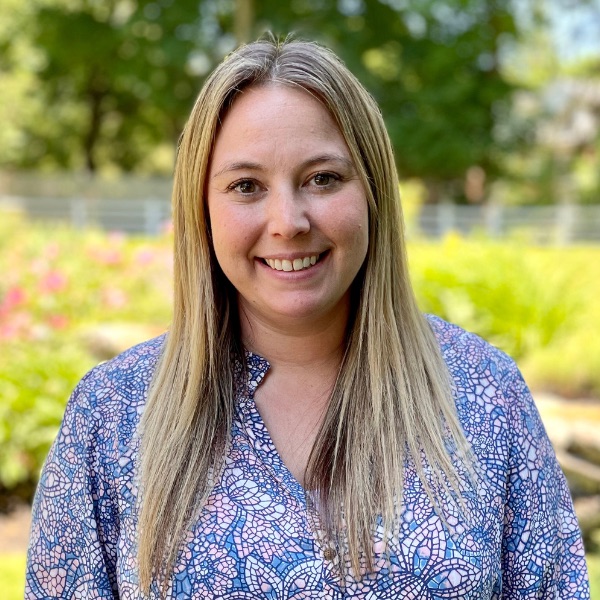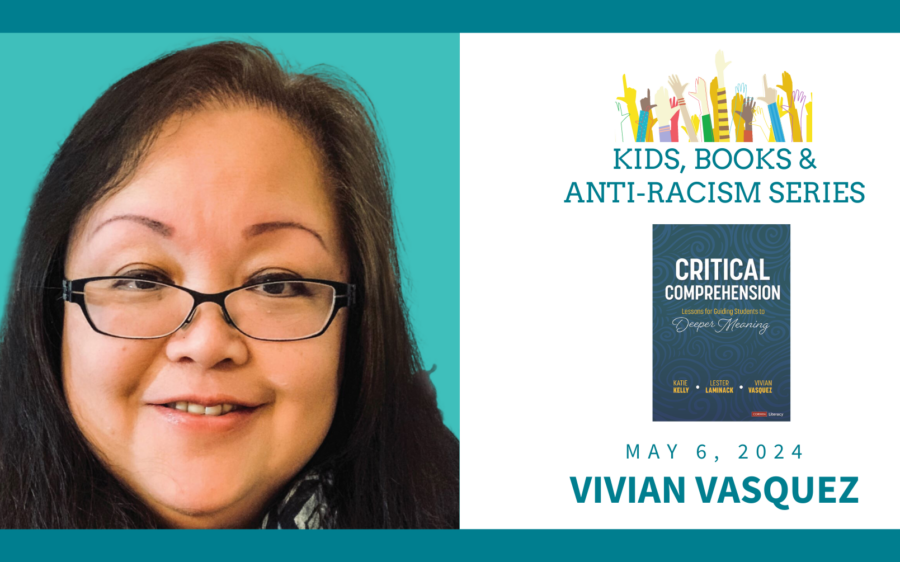As a coach, you help teachers grow in their confidence and everyday decision making. One way you can support teacher development is to meet either individually or as a team to discuss upcoming lessons. As I reflect on the type of conversations I’ve had with educators when planning lessons together, three key principles emerge that you might want to keep in mind.
Seek Information
Ask genuine questions to learn as much as possible about the teacher’s thinking. Seek information about the students, the text being used, and the teaching moves the teacher plans to make during the lesson. The goal is to walk away from the conversation with a good picture of the students, the text, and the teaching that will take place during the upcoming lesson. Below are a few sample questions you can use to seek information.
Seek Information about Students:
“Talk about the students. What’s your thinking about their strengths?”
“Can we look at some writing samples/running records/anecdotal notes to get some ideas for your teaching priorities?”
“What information have you used about your students as readers/writers to plan for the lesson?”
Seek Information about Texts:
“What supports and challenges does this text present to readers?”
“How will you know students understood the text well? What might a proficient reader say about the text?”
“What opportunities exist in this text that can help your students learn more about (text organization, voice, punctuation, etc.)?”
Seek Information about Teaching:
“How are you thinking of going about that?”
“What do you plan to do?”
“What else could you try?”
“How can I be helpful to you in your teaching?”
Listen to Understand
Teachers know their students better than anyone else in your school, so to best support teachers while planning, listen intently and actively to understand. As much as you can. A way to ensure this is to occasionally paraphrase to show the teacher that you are seeking to understand their comments.
“I hear you saying…”
“Are you saying…?”
You may ask more clarifying questions so that you can understand more.
“Can you talk more about that?”
“Can you say that in another way to help me understand?”
Use Professional Resources
There may come a time in your work when teachers ask you questions or appear to need more input. One way to address their needs in a collegial way is to help teachers use their professional resources. This is a way for teachers and coaches to think together rather than the coaching simply telling. It is the one who does the thinking and talking who learns best. Below are ways you can encourage teachers to refer to resources while planning so they can use the resources as tools for their own thinking and at the same time grow more independent.
“What resource can help you with that?”
“Let’s look in The Literacy Continuum to select goals/see where your observations fit.”
Conclusion
The three key coaching moves described in this article rely on your use of effective language. Use language that opens the conversation and allows the teacher to do most of the talking. Don’t feel the need to fill the silence with you input. Provide wait time because wait time is thinking time. When necessary, take a genuine stance of inquiry by seeking information and clarify teacher comments and questions. Your language reflects a collegial tone that communities that we are working, thinking, and talking together on behalf of all the children.
Looking to develop your literacy coaching expertise? Check out the opportunities here!
References
Fountas, I. C. (2021). Facilitative Talk: Shaping a Culture of Professional Learning Over Time. The Reading Teacher, 74(5), 641–648. https://doi.org/10.1002/trtr.1995
Fountas, I. C., & Pinnell, G. S. (2022). Leading for literacy: What every school leader needs to know. Heinemann.





